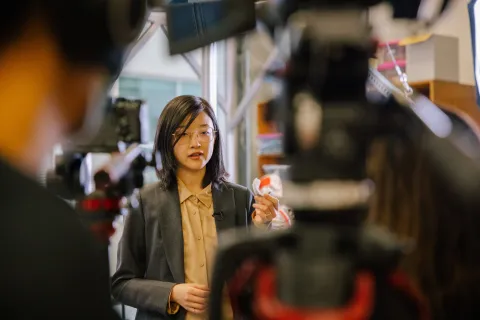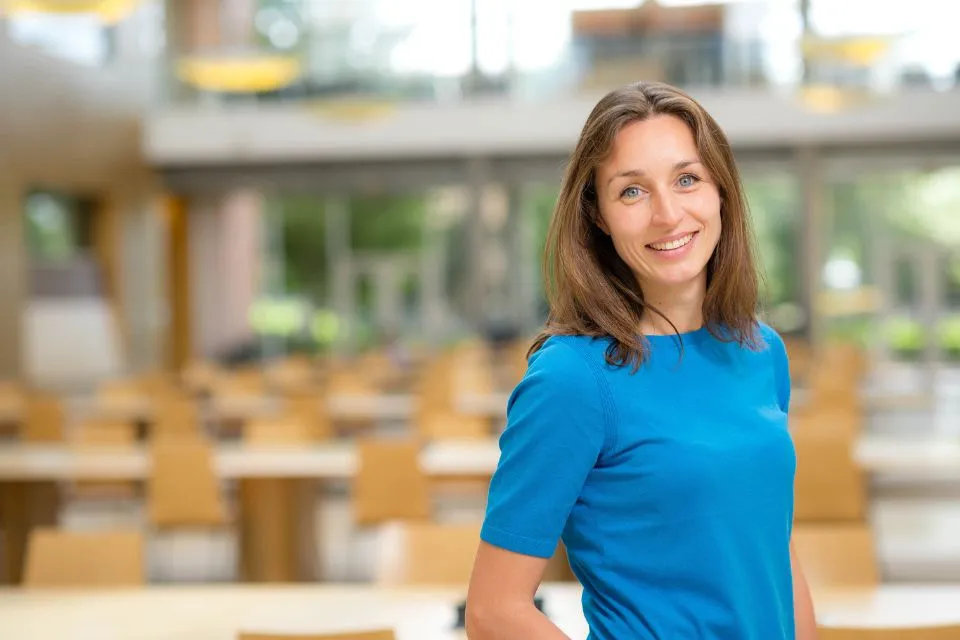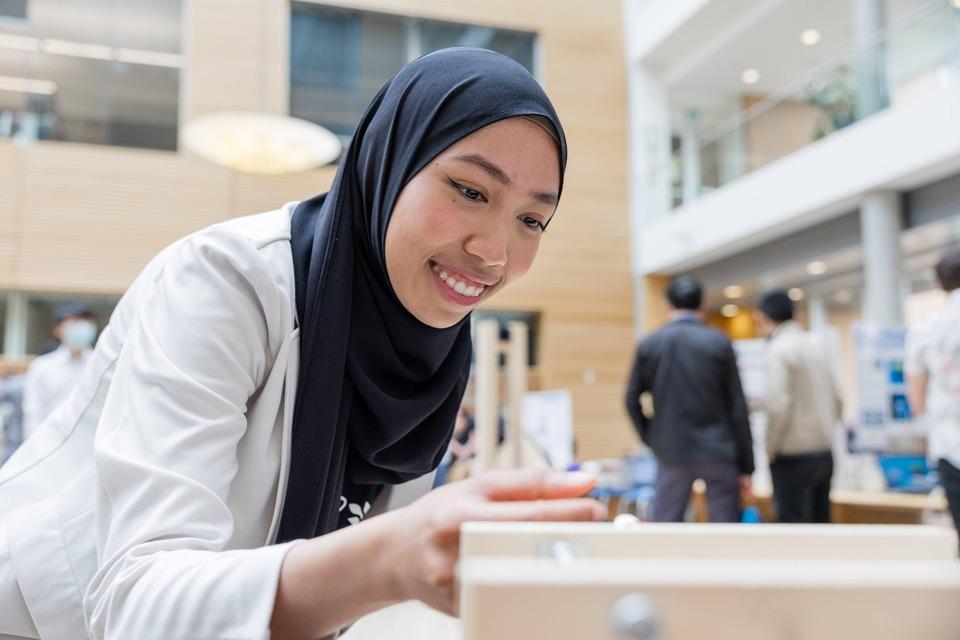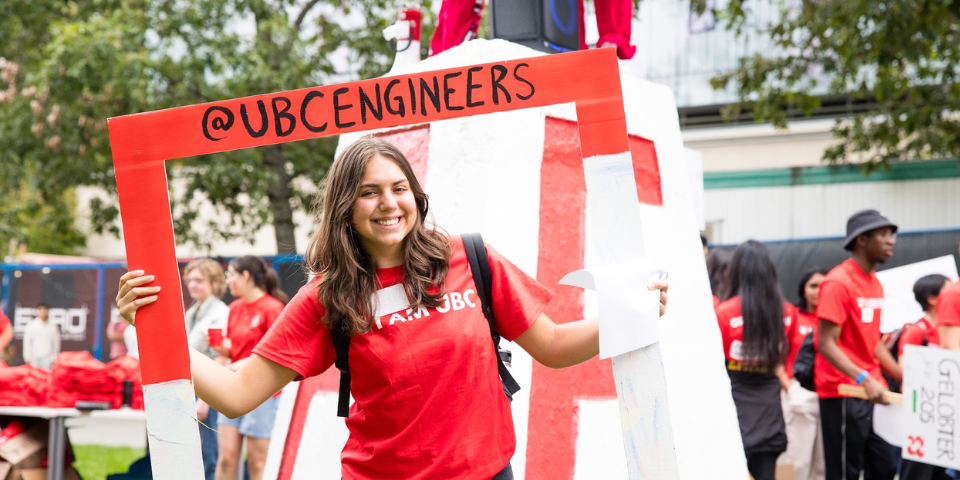
It enables you to start working as an engineer-in-training immediately after graduating without needing to pursue additional academic credentials. It gives you a well-rounded education in science, math, design skills, communication and entrepreneurship. And it’s a great base for success in other careers, including medicine, law, business, academia and other areas.
A well-rounded education
As an engineering student, you will graduate with a comprehensive and well-rounded education. You will take courses in physics, chemistry, biology and math, giving you the foundations needed to succeed in engineering or other science-related professions including medicine.
Courses in writing and communication will give you the skills to articulate your ideas clearly and effectively. An emphasis on group projects will boost your interpersonal skills in communication, teamwork and leadership development.
And of course, your engineering courses further round out your education, teaching you how to design, create and innovate (more on that below!).
Project management, entrepreneurship and so much more….
Your engineering education at UBC is holistic. You’ll be learning new ways of thinking that you can apply throughout all areas of life, and you’ll also be picking up knowledge and skills that could prove very helpful in many different career paths.
“UBC’s engineering program goes beyond just developing your technical and math skills,” says student Kailey Beckie. “There are courses on Indigenous consultation and project management that help you develop soft skills as well. I find that engineering teaches you to look at the world with a new lens and develop a problem-solving mindset.”
It’s why students like Miklos Sunario chose engineering over business. “What I came to realize in high school is that engineering is not just about numbers and that it is very much about solving problems, working in teams and critical thinking.” He says the engineering mindset he has been taught has been invaluable in developing his entrepreneurial venture EduBeyond, which won the Moonshot Learning Award in November 2022 in a competition of 1500 start-ups from 88 countries.
Start your future
What are you waiting for? No matter what field you think you might want to pursue, why not start your future at UBC Engineering?













